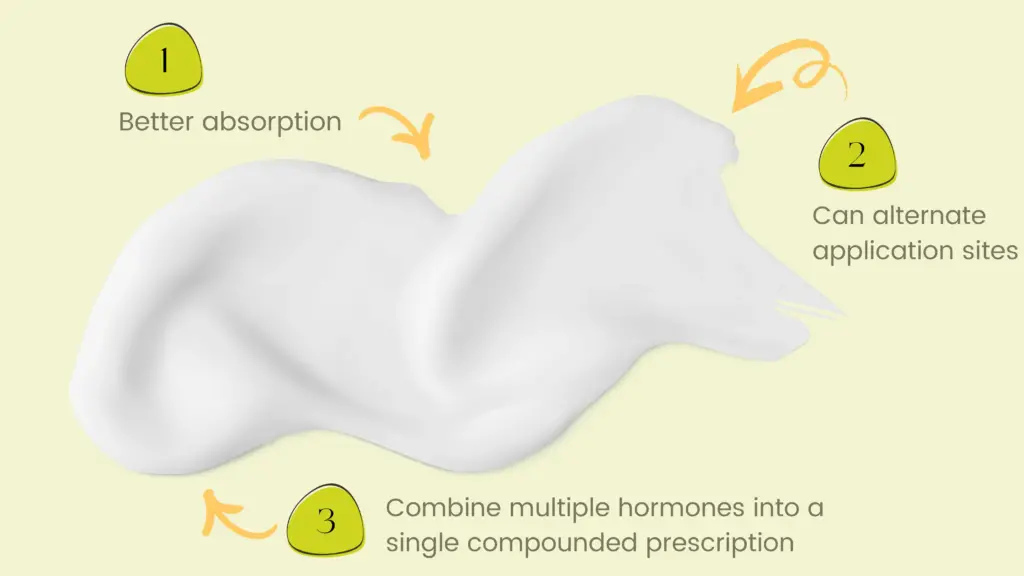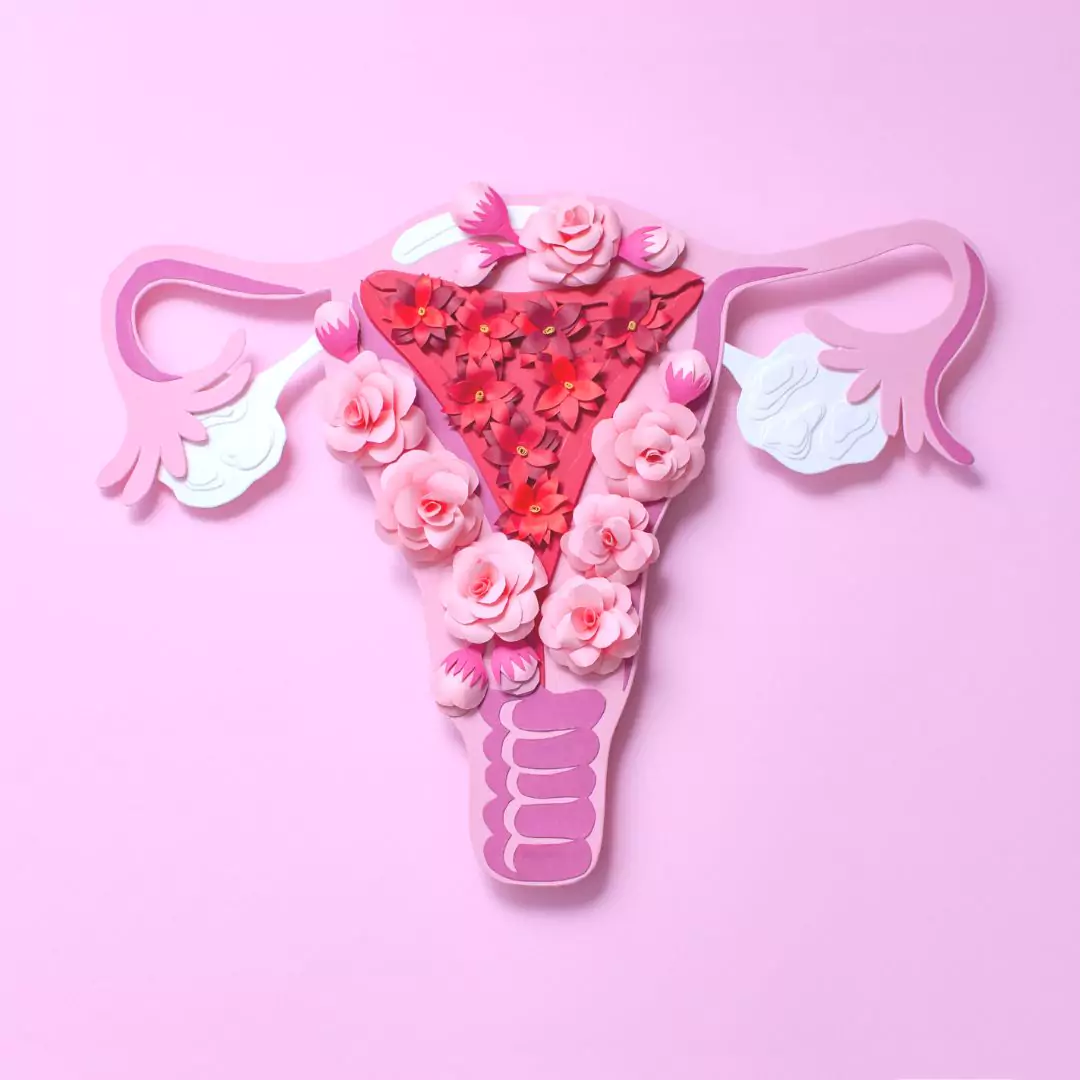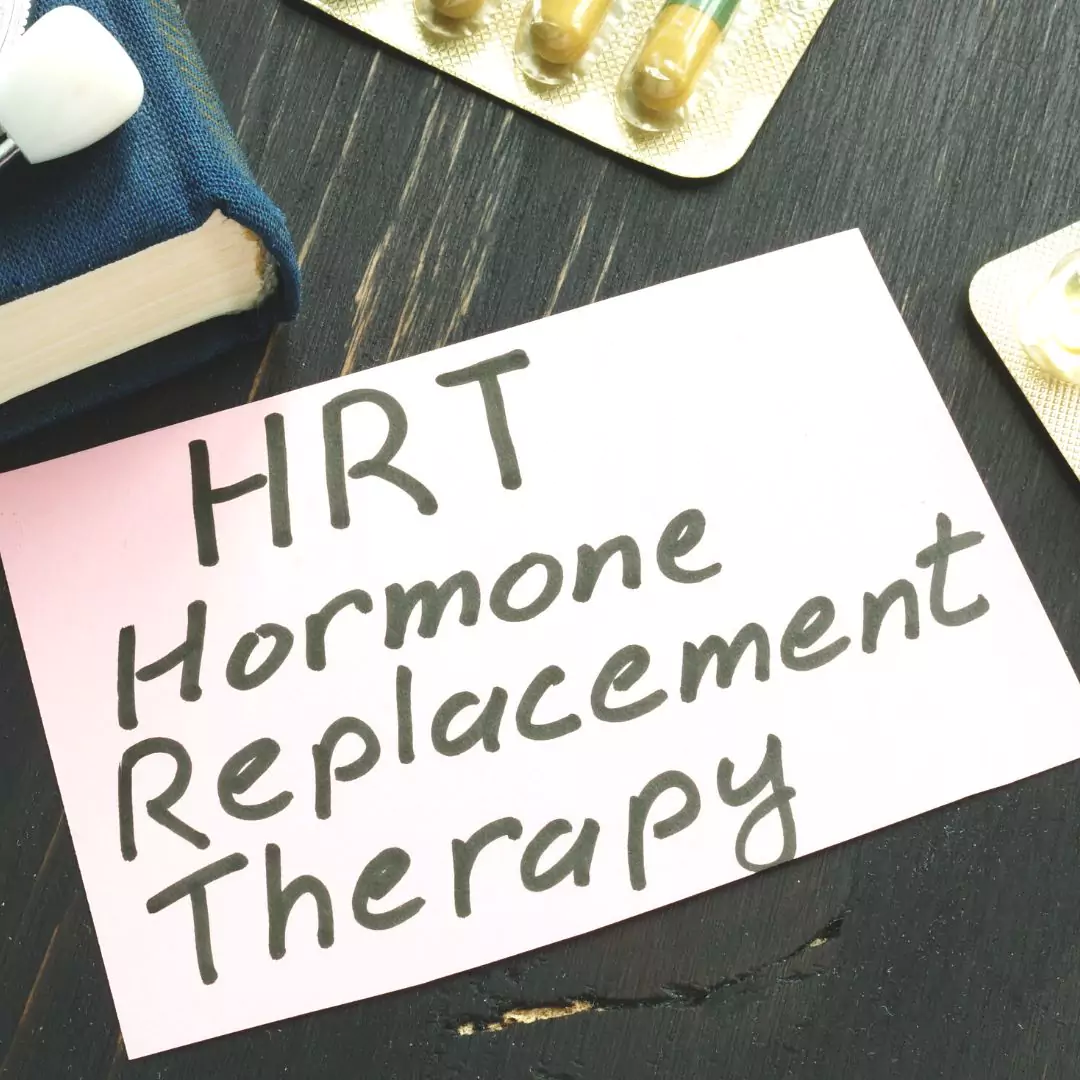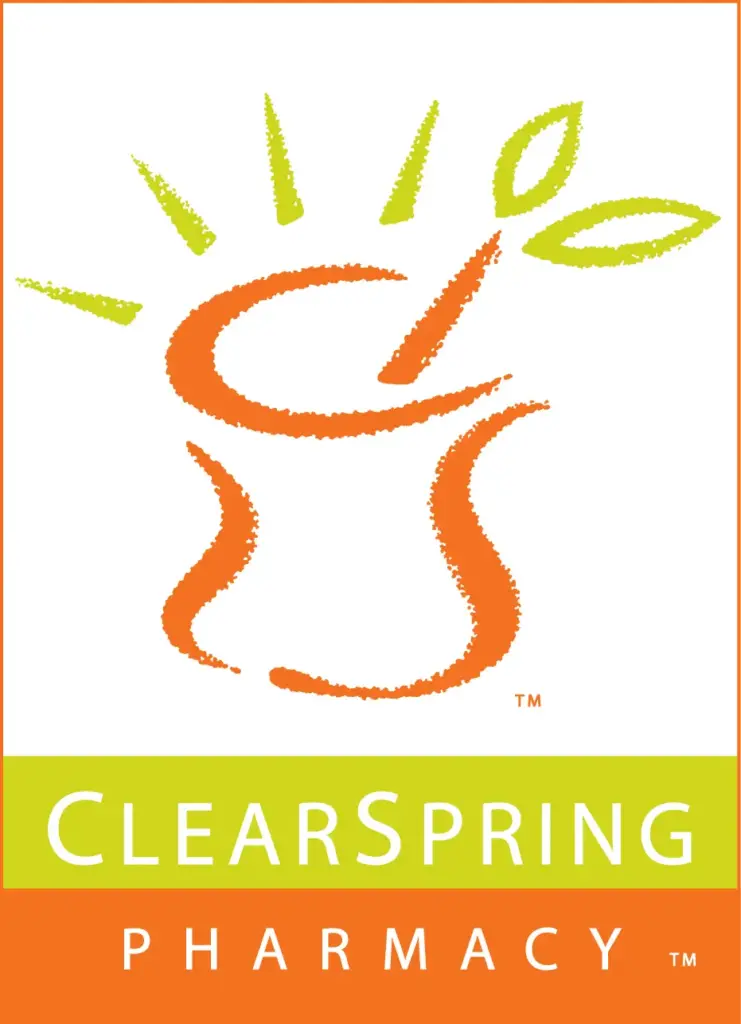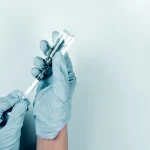
- Services
- Shop
- Therapies
- Weight Loss Medications
- Ketamine
- Low-Dose Naltrexone (LDN)
- Hormone Therapy
- Pain Management
- Ear, Nose, and Throat (ENT) Therapy
- Erectile Dysfunction
- More Treatment Options
-
Ketamine
Commonly used as a nasal spray for depression and other ailments.
-
Hormone Therapy
Help maintain adequate hormone levels for the different stages in life.
-
ENT
Ear, nose, and throat treatments that help with seasonal allergies and more.
-
Weight Loss
You shouldn't have to tackle weight loss alone. Check out our weight loss options.
-
Low Dose Naltrexone (LDN)
LDN has a variety of uses including for autoimmune diseases, pain, and more.
-
Pain Management
Compounding allows for the most customized approach to pain alleviation.
-
Erectile Dysfunction
Get your sex life back with personalized solutions to erectile dysfunction.
-
More Treatments
Check out our additional offerings and commonly compounded solutions.
- Resources
- About
Welcome to ClearSpring
We are able to fill all traditional prescriptions, as well as compounded products. We also offer a variety of services to meet the needs of both patients and providers in long term care environments. - Locations
- Contact Us



